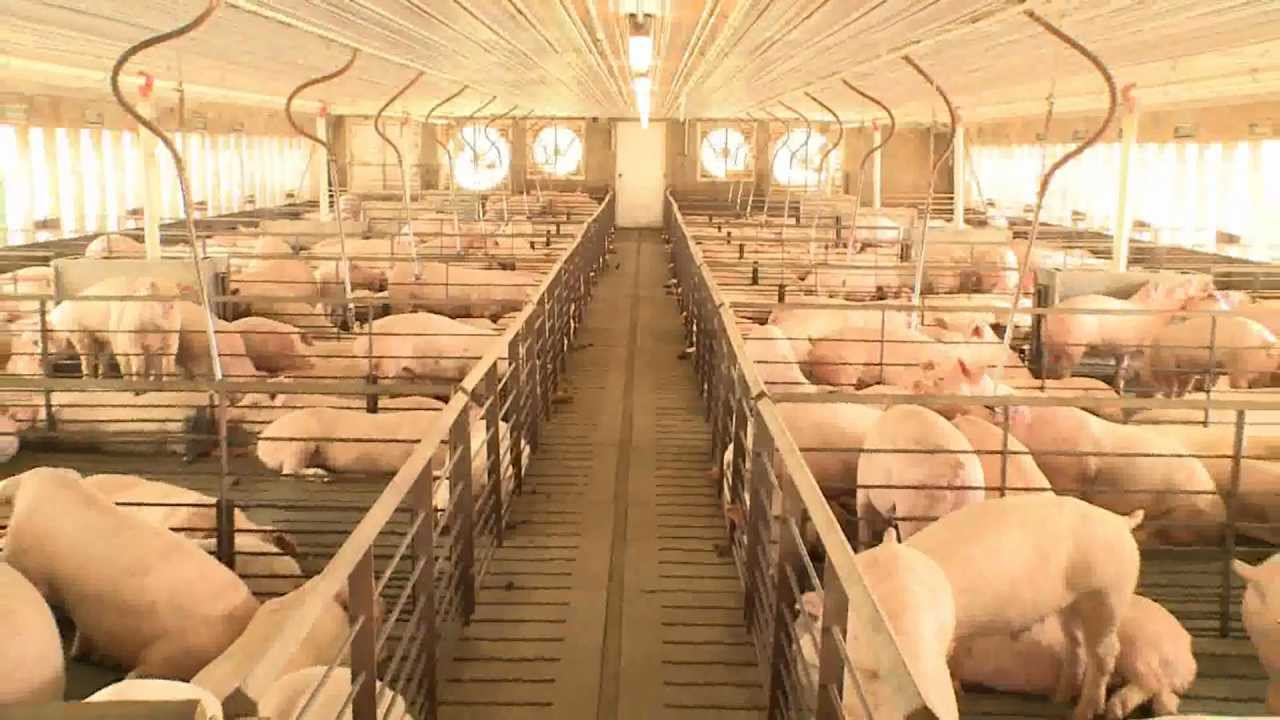Essential oils as alternatives to antibiotics

Following the ban on the use of antibiotics as growth promoters in the livestock industry in Europe and the United States, research has been intensified to find alternatives to promote gut health, to prevent post-weaning diarrhea, and to sustain the efficiency of current swine production.
Among the alternatives, essential oils (also known as phytogenic plant products) have a great potential to replace antibiotics. They are generally considered natural, less toxic, and free from residues. They have beneficial effects on nursery pigs, grow-finish pigs, and sows. How can producers use essential oil as an alternative to antibiotics?
Essential oils are natural bioactive compounds derived from seeds, flowers, leaves, buds, twigs, herbs, bark, woods, fruits, and roots. A variety of these oils have been supplemented to pigs’ diets including carvacrol, thymol, citral, eugenol, and cinnamaldehyde. These essential oils are derived from thyme, lemongrass, clove, nutmeg, cinnamon, basil, oregano, and hay leaf. However, due to the oily and evaporative nature of essential oils, their absorption in the pig’s gut and their effectiveness within diets are complicated.
Feeding essential oils to nursery pigs improves gut health, enhances feed intake, and increases performance and post-weaning average daily gain. In addition, antioxidant and anti-inflammatory effects of these oils on the intestinal lining of pigs improve the immune system. They increase serum lymphocyte proliferation rate, phagocytosis rate, immunoglobulin G, A, and M levels. They also prevent post-weaning diarrhea.
A research study by Neill and colleagues (2006) determined that in-feed antimicrobials such as neomycin and oxytetracycline increase growth performance in post-weaning piglets more effectively than a diet with oregano oils.
Moreover, cinnamaldehyde and thymol significantly improve the digestibility of dry matter, crude protein, and energy. A cocktail of carvacrol, cinnamaldehyde, and capsicum oleoresin enhance Lactobacilli population and lymphocytes in the gut of early-weaned piglets.
Supplementing essential oils to grow-finish pigs’ diets improve growth performance, carcass merit and feed intake. The oils usually possess a strong appealing smell. This stimulates the pigs to explore and consume feed more frequently and in larger amounts during each meal. In addition, essential oils are integrated in meat to modify fatty acids and the oxidative stability of pork. There are however concerns that the essential oil concentration in the diet could alter the flavour of the final pork product.
A feed additive of oregano essential oil and sweet chestnut wood extract increases antioxidant agents, such as glutathione peroxidase and glutathione reductase in blood, They prevent lipid oxidation of pork.
Essential oils in sow diets improve reproductive performance, feed intake, sow milk production, the immune system, and gut health. Other benefits include an increase in the number of live piglets, and the farrowing rate. Sow weight loss during the first week of lactation decreases. Essential oils also reduce the annual mortality rate, and the sow culling rate during lactation the and stillbirth rate. In addition, an important secondary effect observed in pre-weaning piglets coming off treated sows includes healthier piglets with higher weaning weights.
Essential oils are valuable alternatives to feed-grade antibiotics and have health and performance benefits for pigs in all phases of production. Although studies showed that none of the oils tried in pig diet has provided the same level of disease prevention or performance enhancement as antibiotics. In addition, further research is necessary to focus on the cost of production, formulation, effective dosage, and the relationship between dose and the mechanistic beneficial actions of essential oil to expand their supplementation in pig diet.
Read also
Algeria imposes a complete ban on durum wheat imports in 2025
Weather in Brazil and Argentina remains favorable for the future harvest of soybea...
Join with the EARLY RATE – 22 International Conference BLACK SEA GRAIN.EUROP...
Ukrainian flour exports are 35% behind last year’s volumes
Heavy rains will hit Malaysia’s palm oil production again in December –...
Write to us
Our manager will contact you soon



